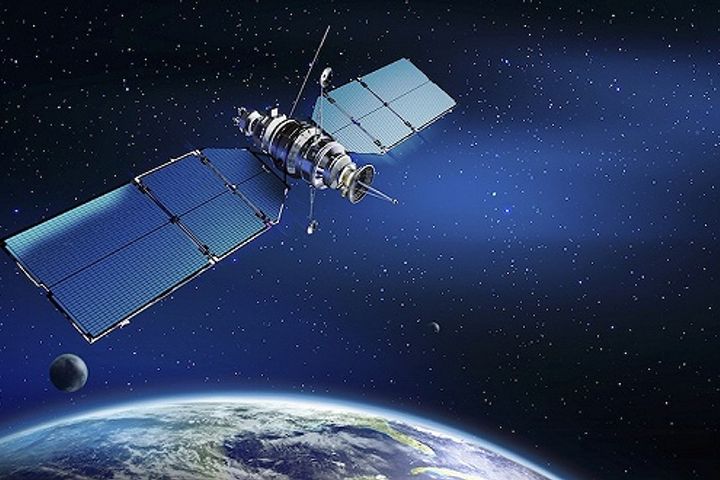 China Plans to Launch 24 Microsatellites to Detect Short Gamma-Ray Bursts
China Plans to Launch 24 Microsatellites to Detect Short Gamma-Ray Bursts(Yicai Global) Sept. 22 -- Tsinghua University of China will work with a Chinese commercial spaceflight company to launch 24 microsatellites to detect short gamma-ray bursts and help the study of gravitational waves.
The Tsinghua Center for Astrophysics and Spacety announced the Sky Grid Program yesterday. Many scientists consider short gamma-ray bursts to be electromagnetic counterparts to gravitational waves, the ripples in the fabric of space-time caused by violent collisions in the universe predicted by Albert Einstein's general theory of relativity. Experts believe that more accurate measuring and study of gravitational waves will help in exploring the origin of the universe.
The program has completed preliminary scientific verification and design reporting and successfully developed a laboratory test system, said Feng Hua, a professor at the Tsinghua Center for Astrophysics. Experts have recognized its scientific purpose and feasibility, Fang said.
Microsatellite service provider Spacety is responsible for developing, launching, operating and maintaining the microsatellite platform.
The Sky Grid Program will finish developing its first technical identification satellite at the end of this year, and it is set to be launched into orbit by the Kuaizhou No. 11 carrier rocket next year with the rest following by the end of 2023, said Yang Feng, the company's chief executive.
The success of this program will enable the deep combination of cutting-edge technologies with commercial spaceflight, Yang said.